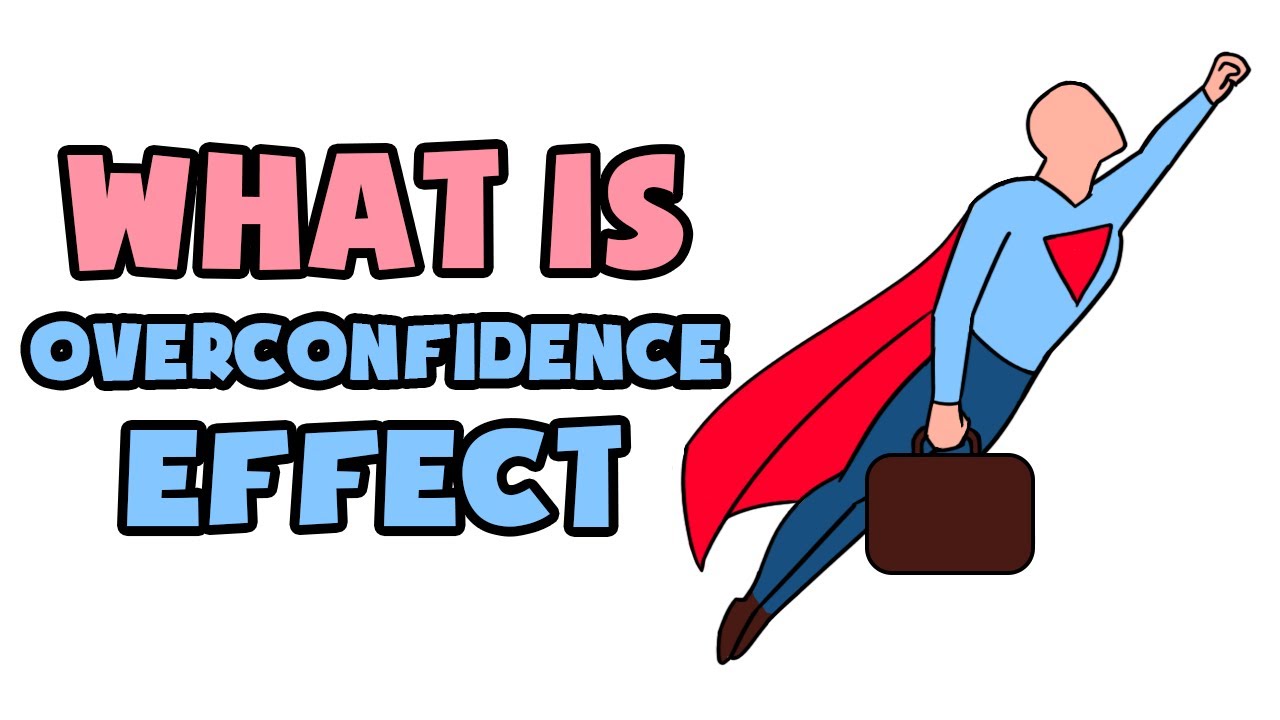Overconfidence bias is a cognitive bias that leads individuals to overestimate their own abilities, knowledge, or the accuracy of their beliefs and predictions. It’s the tendency to have too much confidence in one’s own judgments and abilities, often to a degree that exceeds the objective accuracy of those judgments.
Explanations:
This bias is driven by our innate desire for self-assurance and positive self-regard. Overconfidence can be seen as a way to maintain a sense of competence and control over our lives, even when our self-assessments are inaccurate.
Examples:
Academic Performance: A student might believe they’ll easily ace an exam, but their actual performance falls short of their expectations.
Financial Decision-Making: An investor might overestimate their ability to predict the stock market and make successful trades, leading to financial losses.
Project Management: A project manager might underestimate the time and resources required for a project, resulting in delays and cost overruns.
Solutions:
Self-Assessment: Regularly assess your own confidence levels and evaluate whether they are grounded in objective evidence. Ask yourself, “Why do I believe I can do this?”
Seek Feedback: Actively seek feedback from others, especially those with expertise in the relevant area. Constructive criticism can help you adjust your confidence levels.
Distinguish Between Confidence and Competence: Recognize that being confident doesn’t necessarily mean you are competent. Maintain a healthy skepticism about your abilities and knowledge.
Use Probability Estimates: When making predictions or decisions, try to assign probabilities to different outcomes. This can help you better gauge the uncertainty of a situation.
By addressing overconfidence bias, you can make more realistic and informed decisions while avoiding costly mistakes.
